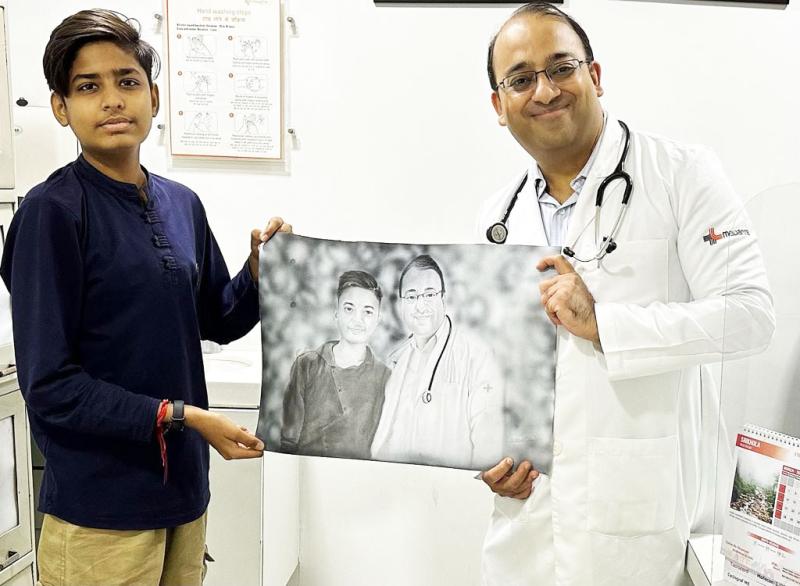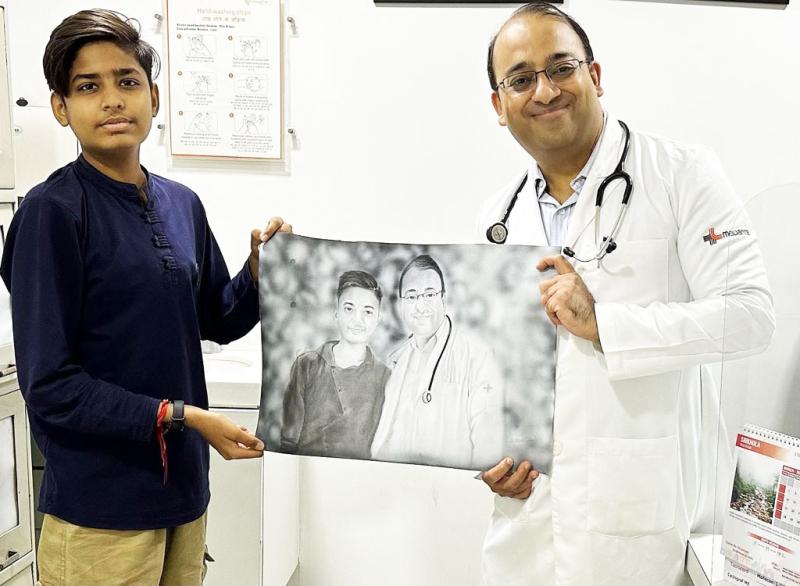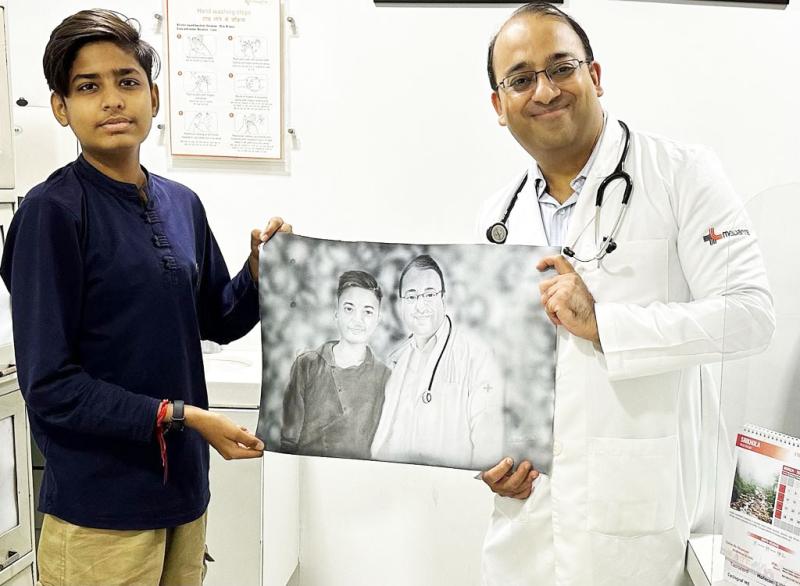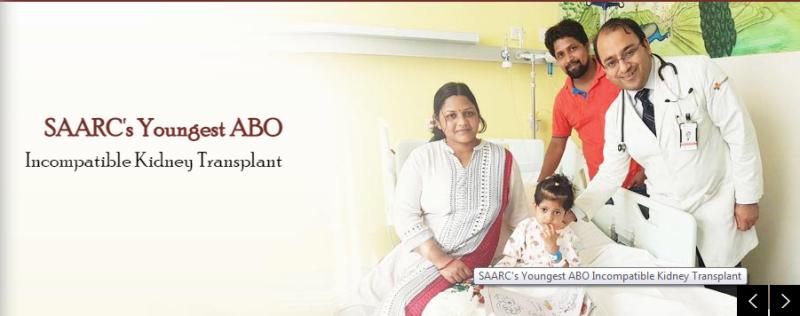Understanding Urinary Tract Infections
Understanding Urinary Tract Infections
This topic is intended to give the parents and caregivers a comprehensive overview of urinary tract infections (UTIs)-causes, signs and symptoms, diagnosis, treatment and potential future complications, so that they can lend a helping hand in building a better kidney health for their children.
What does the urinary tract consist of?
- KIDNEYS -These are two bean shaped organs situated on either side of our back. They filter the blood off the wastes and produce urine.
- URETERS -These are two tubes through which urine from the kidney travels down.
- URINARY BLADDER –It is a bag which stores urine coming in from the ureters.
- URETHRA –It is a thin tube from which urine comes out of the body whenever we urinate.
What’s a uti?
A UTI occurs when bacteria (germs) invade the urinary tract through infected urine. Overall, UTI is commoner in girls than boys, except in first year of life as structural problems of urinary tract at birth are seen more in boys putting them at a higher risk of UTIs.
A lower UTI involves infection of the bladder (cystitis) or urethra.
An upper UTI involves the kidney (pyelonephritis) and is more serious.
How would i come to know that my child has a uti?
UTI is common in babies and young kids. It is hard to pick up a UTI in them as they might have just a few non-specific signs like-
- Fever(>38°C)
- Vomiting
- Lethargy(tiredness)
- Irritability
- Poor feeding
- Crying on passage of urine
- Frequent bed wetting
- Increased thirst, soft sunken spot on head (due to dehydration-lack of enough water in the body)
Older kids may also complain -
- Burning/stinging sensation while peeing (dysuria)
- Increased frequency of urination
- Cloudy urine
- Desire to hold on urine to avoid pain
When to suspect a kidney infection?
- High fever spikes despite taking paracetamol
- Back pain
- Red/dark brown urine (hematuria)
Why does my child have recurrent uti?
Most kids adequately treated for UTI do not have a repeated infection. But some kids go on having recurrent UTIs even after complete treatment. It is important to pay attention to it as they might have a structural urinary tract problem like vesicoureteric reflux (VUR).
VUR is due to improper insertion of the ureters into the bladder. This causes backflow of urine from the bladder up towards ureters and sometimes into the kidneys whenever the child pees. It can result in serious kidney infection and irreversible kidney damage (by scarring), if not detected and treated early.
Some red flags to keep in mind-
- Any congenital urinary tract problem
- Family history of VUR or kidney disease
- History of neurogenic bladder (problems in fully emptying the bladder, poor urine flow) and/or chronic constipation
- Hypertension (high blood pressure), poor growth
What can i do to save my kid from a uti?
- Encourage your child to pee every 3–4 hrs and, prior to bathing and sleeping.
- Change your baby’s nappies frequently.
- Teach your kid not to hold on his/her urine.
- Try to avoid constipation.
- Make him/her drink plenty of water and other fluids.
- Girls should wipe off their bottoms from front to back after a bowel movement to avoid introduction of any germs from bowel into urethra.
- Boys should gently clean the area below their penile foreskin as far as possible without forcing it back. Some boys with recurrent UTIs may need to have their foreskin incised (circumcision).
- If your kid has neurogenic bladder, double voiding (going to toilet twice- urinate once standing and then sitting) can help.
Seeking medical advice
If you suspect that your child has a UTI, consult your pediatric nephrologist immediately. The doctor would run the following tests on your kid’s urine sample to detect a UTI.
- Urine dipstick- It is a paper strip containing a reagent which changes color when it comes in contact with infected urine.
- Urine microscopy-It looks for the germs under a microscope.
- Urine culture-It grows and identifies the bacteria causing UTI on a separate medium in a lab and also tells which antibiotic will kill those bacteria.
Some special tests would be needed if your child has recurrent UTIs. These include-
- Ultrasound scan- A safe hand-held device emits sound waves and brings up pictures of the urinary tract on the screen.
- MCU/MCUG/VCUG-This test detects VUR. A dye is injected into the bladder via the urethra and serial X-rays are taken when your child urinates.
- DMSA scan- This test looks for any structural damage (scars) in the kidneys. A chemical is injected in the blood and images of urinary tract are taken by a camera.
- Blood urea, Serum creatinine-It is a simple blood test which determines the kidney function by various parameters.
Would my child get well?
Most UTIs get treated with a full course of antibiotics as prescribed by your doctor with no long-term sequelae. Paracetamol can be given to bring down the fever and pain. Avoid Ibuprofen (Brufen) if the child has a kidney problem or asthma. The child would start feeling better in a day or two but you should not stop the treatment at this stage. This is to ensure that all germs get killed to avoid any relapse. Your child can get back to school once he feels better as UTIs are not infectious (others won’t catch it).
Children with serious UTI/pyelonephritis need hospital admission.
Those with structural kidney problems (like VUR) and recurrent UTIs need regular follow-up visits to a pediatric nephrologist. They require prophylactic (for preventing UTI) antibiotics even if they do not have an active infection as repeated unnoticed mild infections can also cause irreversible scarring of the kidneys. This can lead to CKD (chronic kidney disease) wherein the kidney function will decline slowly over years and finally the patient might need dialysis or kidney transplant.
Seeing their own children suffer from chronic kidney disease is a stressful experience for parents. This holds true especially for kids with structural urinary tract problems (like VUR) at birth who remain undiagnosed (unidentified) for a long time, before which severe kidney damage has already set in. Parental awareness on this issue can be a very important prevention tool. We hope that this information helped you understand in depth the prevention, recognition and treatment of UTIs. For any queries or further concerns, please visit this website/consult your pediatric nephrologist today.
To schedule an appointment With the Pediatric Kidney Transplant Specialist in Delhi, please contact:
Name: Dr. Sidharth Sethi (Pediatric Kidney Transplant Specialist in Delhi)
Address: Division of Pediatric Nephrology, Kidney Institute, Medanta, The Medicity, Gurgaon, Haryana, India, 122001
Phone: 0124–4141414
Website: www.pediatricnephrologyindia.com






Comments